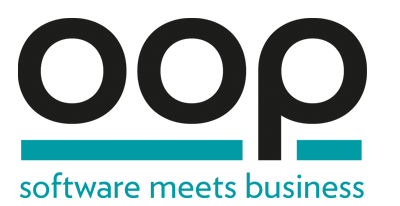
SOFTWARE MEETS BUSINESS:
Die Konferenz für Software-Architektur
03. - 05. Juli 2023

SOFTWARE MEETS BUSINESS:
Die Konferenz für Software-Architektur
03. - 05. Juli 2023

"The Leader must be [X]" is one of the most common sentences we read about leadership. But not all leaders are the same and when working with people context is king!
In this session we will instead analyse the metaphor of Host Leadership: a context-friendly and non-prescriptive way to frame how leadership in an organisation could work. It reuses many of the cultural elements of hosting, thus making it very intuitive and generative!
We will also look at and experiment with practical applications…
A recipe for collaborative product ownership: Finding solutions to business problems that are feasible and sustainable.
Target Audience: Product Owners, Manager, Project Leader, Architects
Prerequisites: None
Level: Basic
Extended Abstract:
How do you translate Objectives and key results (OKR) back to a hypothesis that can be challenged by the various roles within a team? How do you ensure that the communication around initiatives is not hindered by conflicting terminology or by…
Mehr Inhalte dieses Speakers? Kein Problem, schaut doch mal bei sigs.de vorbei: https://www.sigs.de/autor/stefan.roock
Alignment ist der aktuelle Hype. Alle sollen an einem Strang ziehen. So wichtig das Thema ist, so oberflächlich und voller Plattitüden wird es diskutiert.
Den Beteiligten muss klar sein, was erreicht werden soll. Das und wie man das tut, ist seit mindestens 1954 bekannt. Allerdings entsteht das Alignment, das wir meinen, nur, wenn die Menschen im Unternehmen wissen, was sie tun…
Agility is vital for any organization that doesn’t want just to adopt the Agile terminology but start changing itself, its core, and its way of thinking and operating.
With our thinking tool, the Adaptivity Map, we have discovered different topologies of organizational design. The org topologies are created in the context of a perfection goal of full adaptivity. By doing this, we discovered the organizational changes and paradigm shifts required to move from one type to another.
Target Audience:…